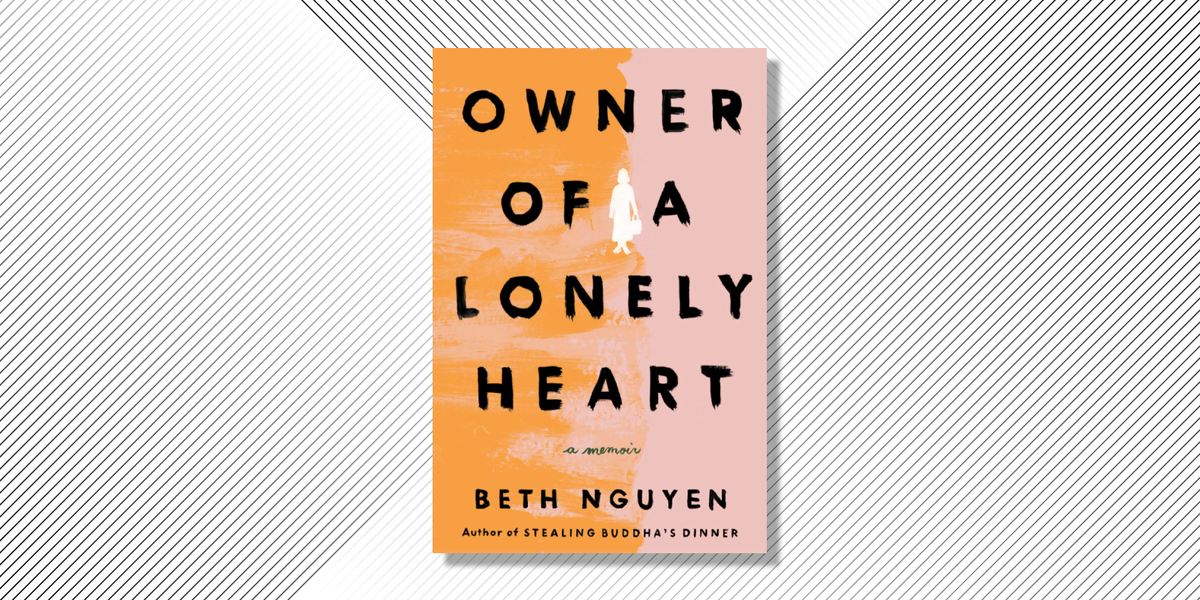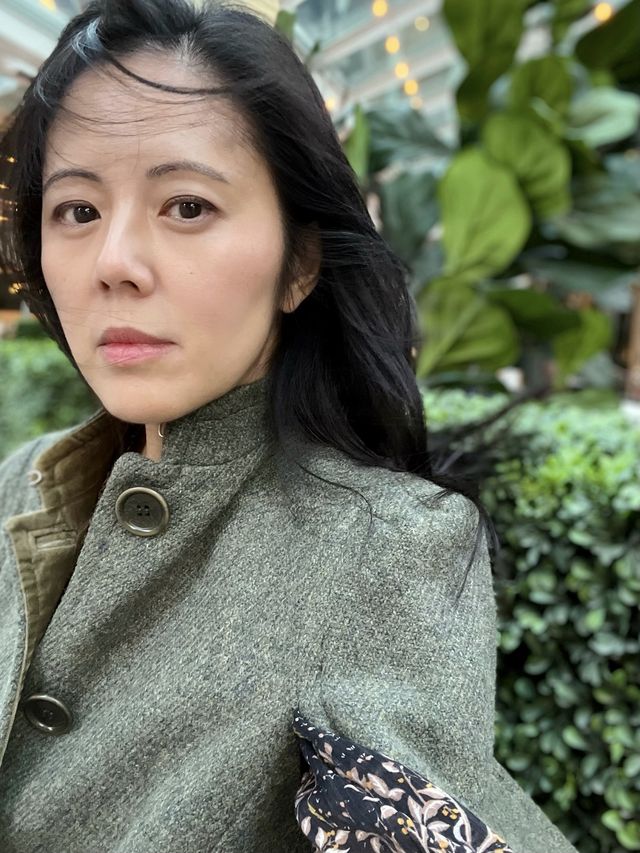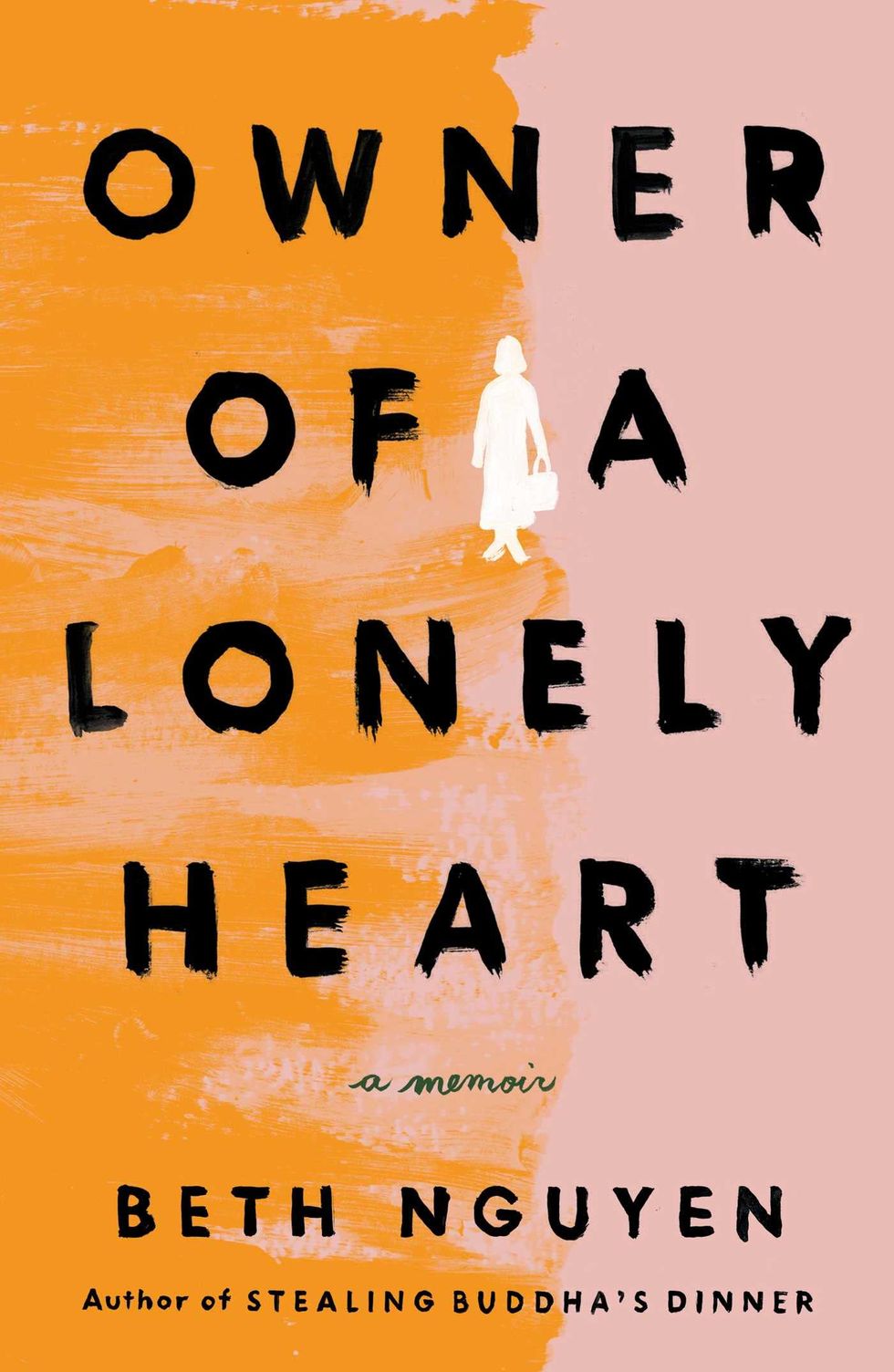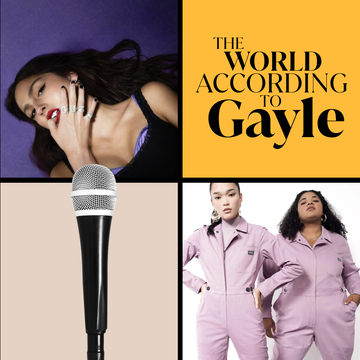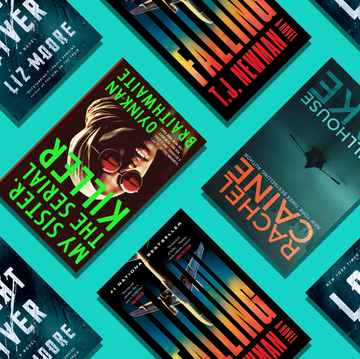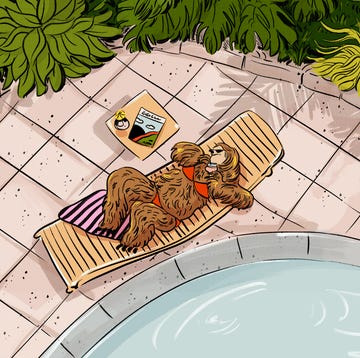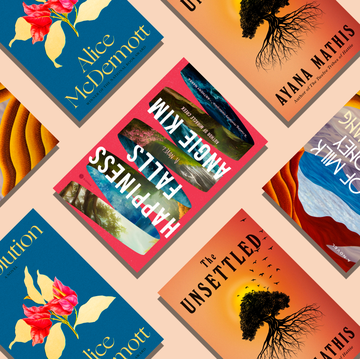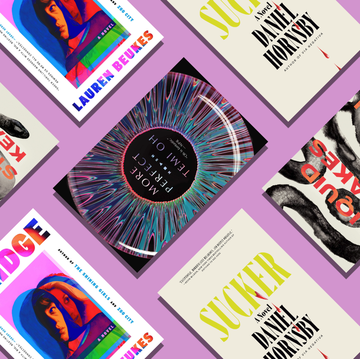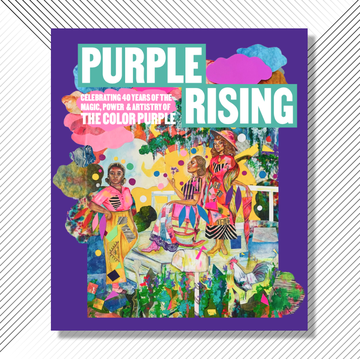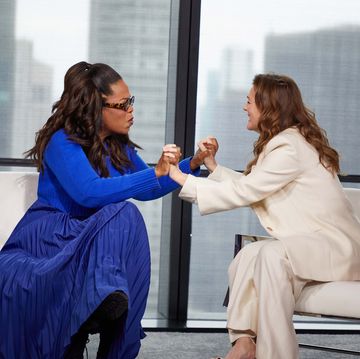We all have other mothers, and Celia, my high school boyfriend’s mother, was one of mine. Evan and I almost broke up a dozen times in the years we were together; I’m not sure why he stayed. But I know why I did: I didn’t want to lose Celia.
This was on the west side of Michigan, where I grew up, in an exurb that was becoming a suburb. Celia, who had divorced Evan’s dad years ago and married someone else, lived in a yellow house on a property large enough for a horse barn. After school and on weekends, Evan and I spent hours with Celia. We read, talked, had dinner together. It was the opposite of life at my house, where we all ate whenever we wanted, and mostly tried to avoid each other because my dad and stepmom always seemed to be mad—at me or one of my siblings, or each other. Every day someone was yelling, someone was sulking. My dad would storm off in his truck, disappearing up the driveway. I had no clue, then, and maybe none of us did, that we were a family continually being shaped by a past—who we were, how we had gotten here—that would never leave us.
Growing up in the Midwest, in a refugee family that had left Vietnam at the end of the war, too much of my sense of self was shaped around observations of how other people behaved. I had observed how Evan played on the soccer team, how he was funny in a way that didn’t rely on belittling others, and how he could write a thesis statement faster than anyone else.
More From Oprah Daily

Like almost everyone else in my school, Evan was white, and his family had been in the United States for generations. It was a surprise to everyone, especially me, when we started going out. I have wondered, since, if maybe I had learned how to assimilate so much—assimilation being the messed-up demand of that era—that maybe Evan hadn’t even seen me as Asian. We never talked about race. He didn’t bring it up—why would he?—and I didn’t either.
After I met Celia, my gaze turned to her. I saw that she had cloth napkins at every dinner, that she kept newspapers and magazines in baskets, not piled on any available surface. Celia would drop a handful of snapdragons or tulips into a pitcher-shaped vase on an antique table in the hallway. She would appear in a plain turtleneck sweater, effortlessly glamorous, and I would admire the way she’d take up a jacket or sweater as she left the house, just in case.
Before Celia, I had never seen, outside of a TV show, a parent having conversations with their kid that had nothing to do with permission or scolding or rules. Celia and Evan talked about whatever was on their minds. They laughed together, a lot. When Celia asked questions, it never felt like she was prying, trying to get to a secret side of me, the way it often did when white people asked questions about my family, as if driven by a colonizing curiosity. When Celia asked what kind of orchids my grandmother grew, and how did she take care of them, or what was my first memory, or what were my parents like, whatever I answered, I knew that she wouldn’t hang on to it for judgment or ridicule or future ammunition. Later in life, I realized the enormous generosity of this. It was a kind of freedom, and I didn’t even know it.
But mostly, I didn’t tell the truth about myself. I never talked about how my family had left Vietnam, or about the way we dealt, or didn’t deal, with the aftermath of so much turmoil. No, I was ready to show, instead, that I was more American than anyone else, had known all the state capitals since elementary school, had memorized facts about the Constitution and the Declaration of Independence, had taken a literal test to prove myself worthy of citizenship. I was immersed in the systems that I had been taught, that would take decades to undo.
One Christmas, Celia gave me a canvas tote bag from L.L.Bean, my initials stitched on the pocket in red. Inside, more gifts, including a set of monogrammed stationery, cream-colored cardstock with my initials embossed at the top. I had never had anything monogrammed before. To see my name in that way, the actual words hidden, conveyed instead by initials—B M N—felt at once startling and revelatory. It felt exactly like what I was, and where I was: both hidden and unhidden, trying to find some in-between.
In the months and years to come, I would take out the embossed cards and stare at them. Too beautiful to use. It might be the middle of summer, and suddenly I’d be thinking about Christmas, about Celia planning her gifts so many weeks in advance. I pictured her tying ribbons and settling the packages just so inside the canvas bag. It had given her pleasure to do this, I know, as it would’ve given me. And she did know me, then. She knew the life I was studying. She knew that I would save the stationery and that I would keep the monogrammed bag forever, filling it with books or clothes, bringing it with me to beaches or overnight trips. It was only much later that I recognized that these gifts, too, were emblems of whiteness that I had been trying to learn and that maybe she had tried, even, to help me learn. That she had seen me observing and striving, and wanted to provide.
Assimilation is an old, awful, out of date idea. But it defined generations, including mine, and it hasn’t disappeared. It’s just gotten quieter. Assimilation requires a constant form of gaslighting.
Sometimes, after Evan dropped me off and I walked up the steps to my parents’ cottage-looking house, I could almost feel myself shape-shifting back to the girl my family knew. The nerdy one, the weird one. Too big for your britches, my stepmom would say. So often, I was exhausted. It would be years before I understood that as the exhaustion of pretense, of trying to navigate white spaces and expectations. I didn’t even recognize that Celia, too, was part of the system that held whiteness as a goal. I would have told anyone that she was on my side, but maybe that really meant that I would always understand her more than she could understand me.
Evan never came over to my house. None of my friends did. I was embarrassed by the undone rooms that my dad kept starting to renovate but never got close to finishing. I didn’t want anyone to see the little room I had shared with my sister, our twin beds divided by a dresser that was so old, it left wood shavings on our clothes with every opening and closing of the drawers. Most of all, I didn’t want to face any questions: about how we lived, about Buddha and his altar, about my grandmother and her meditation. All of that tapped into a different feeling—something like privacy. A sense of protection. Evan, and other boys after him, described me as withholding. It wasn’t untrue. I think I was trying to withhold myself from any gaze that felt like a demand. That felt like ownership. I didn’t want to be made to explain this life to anyone who didn’t already know it.
Evan and I broke up in college but stayed friends for a while, which meant I stayed in touch with Celia. Though eventually all of that ended too.
In the decades that followed, I missed Celia the most. I would think of her whenever I used that monogrammed tote bag, or whenever I saw a 1960s picture of Jackie Kennedy, whom I had always thought Celia resembled. To friends, I’ve sometimes referred to her as the mother-in-law who got away. By that I mean a structure, a series of possibilities that can emerge from such a codified relationship. And because I never did get a mother-in-law like that. In ways both gentle and blunt, Celia mentored and mothered me. She taught me ways of whiteness I couldn’t have learned on my own. The hieroglyphics, as Edith Wharton called them in The Age of Innocence, of a coded society.
Once, after Evan and I broke up, I visited Celia in the South Carolina town where she and her husband had moved for a while, for his work. Celia and I walked through the old downtown, and I got my first glimpses of Spanish moss draped over old trees, and serpentine stone walls that made me think of ghosts. We went into a card store, and an eighties Elton John song was playing. Some things look better just passing through. In this Southern town, as in so many places I’d been in my life up to that point, white people stared at me. Rarely did they bother to hide it. They seemed, instead, to stare hard on purpose. I should have been nervous or uncomfortable, as I usually was, but I wasn’t. Because I was with Celia. A beautiful tall white woman who had grace in her stride and money in her purse. Her company, the clarity of being seen with her, was armor. Did she know this? What was I even doing there, visiting this woman to whom I had no logical claim? What did I think I deserved? It wasn’t yet the last time I’d see Celia, but the moment held a strange sense of sorrow, the nostalgia that lasts the duration of an old pop song. I was already thinking ahead to the ending of it. What would play next. How, soon, I would leave this place and go back to college, back to whatever life I thought I was going to get to have after that.
